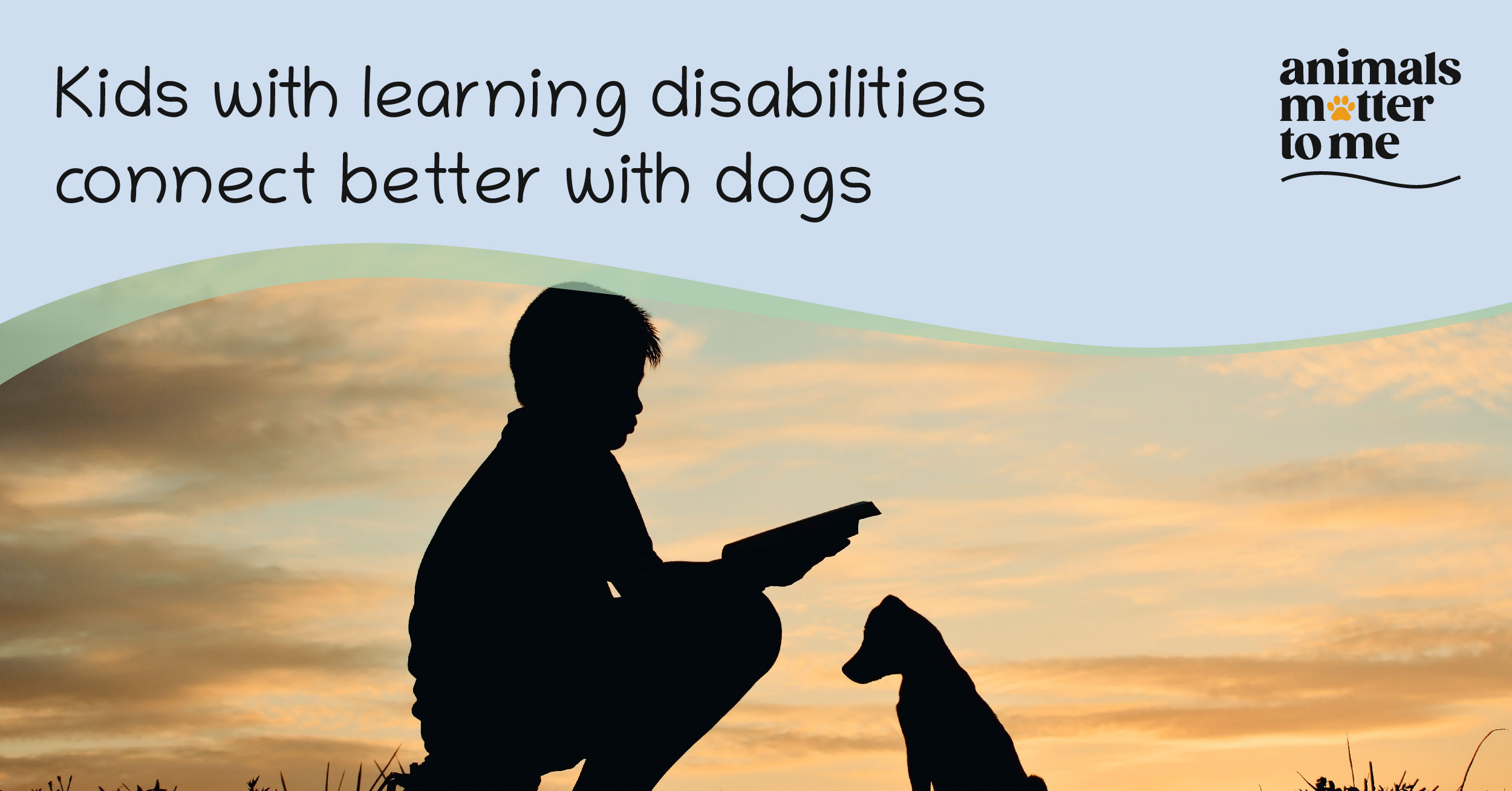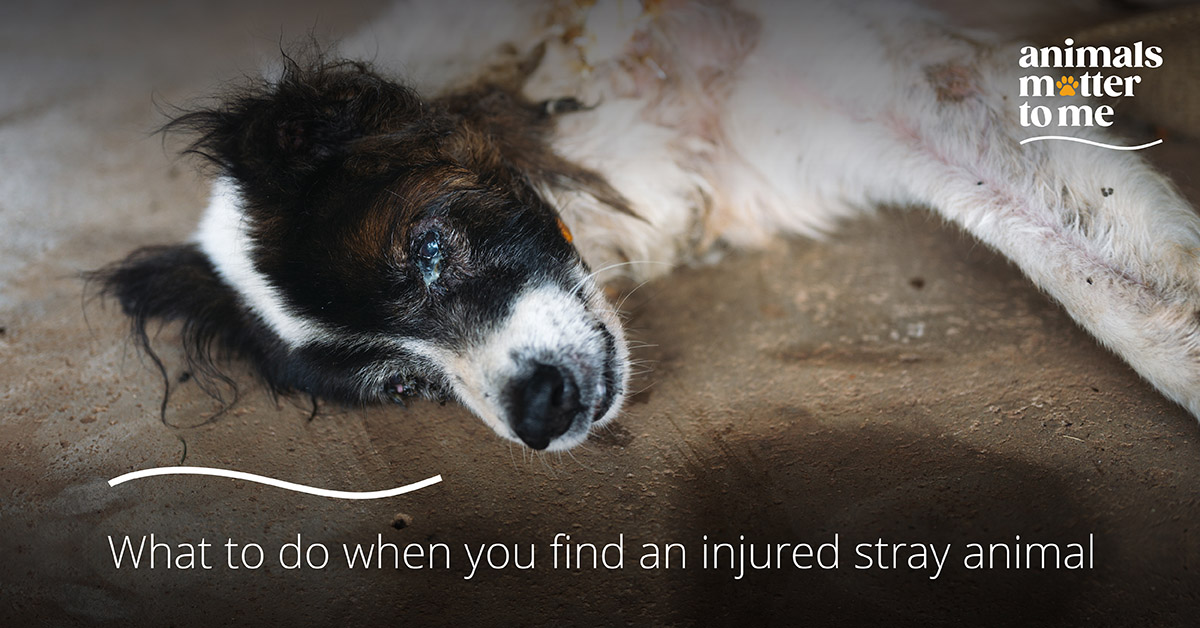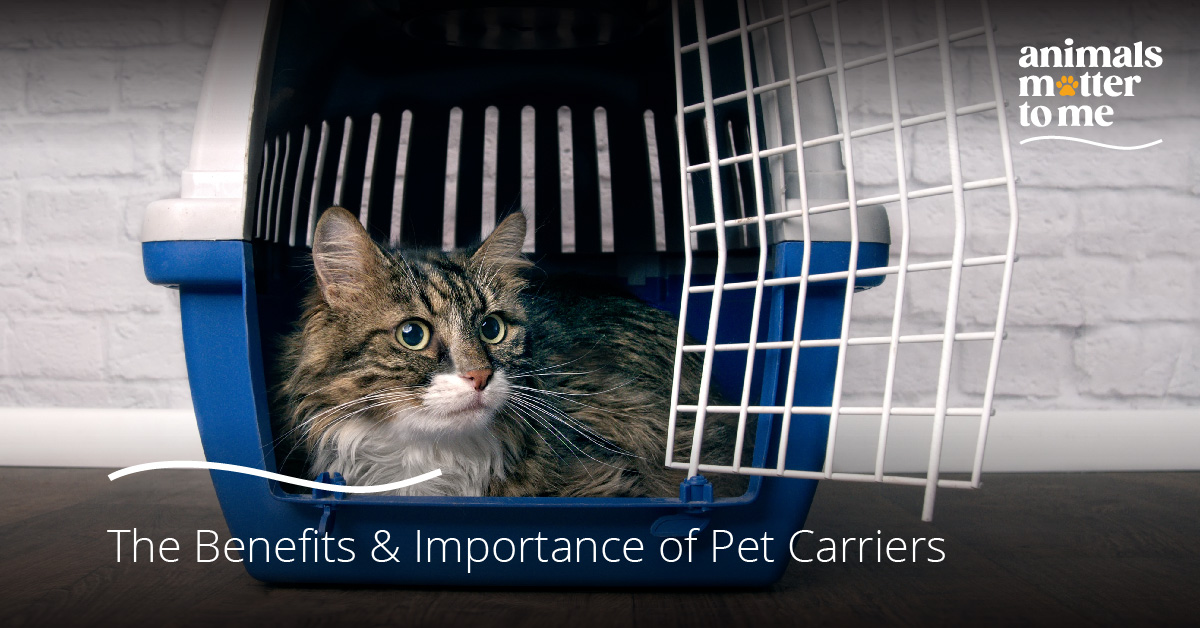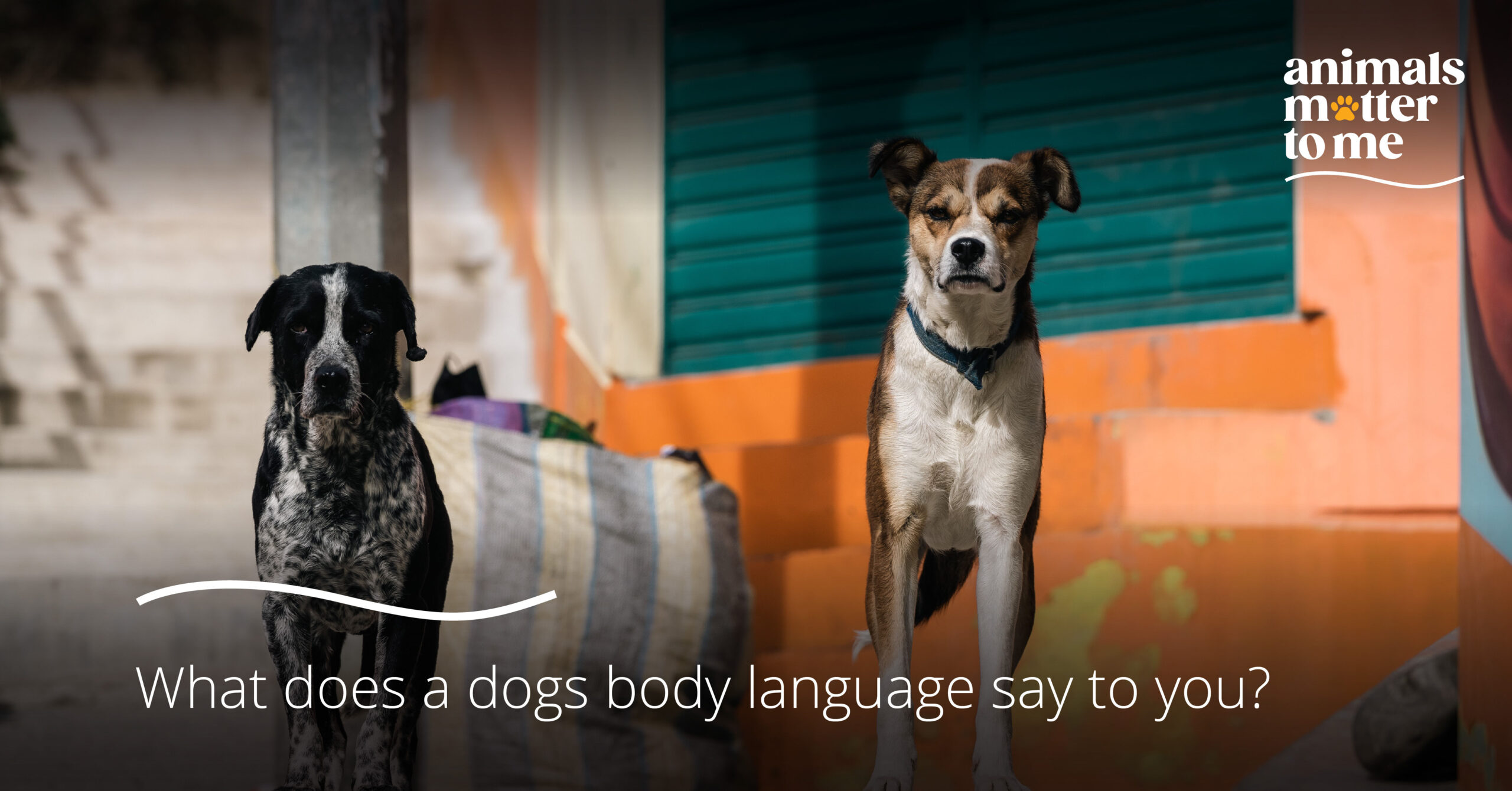Research shows that kids with learning disabilities often connect better with dogs and other therapy animals. Interacting with dogs can have several positive effects on children with learning disabilities such as dyslexia, language processing disorder, visual perceptual/visual motor deficit, to name a few. Although Autism spectrum disorder (ASD) is not a learning disability per se, it can impact learning as autism affects language skills, both listening and speaking. So, for kids suffering from any of these disabilities, their pets can be very therapeutic because they offer support in a variety of ways.
Emotional support
Dogs offer comfort, companionship, and emotional support. All this can benefit children facing challenges in their learning journey. Most psychologists recommend that the presence of a non-judgmental and affectionate companion in one’s life can help reduce stress and anxiety. Dogs befit this benchmark perfectly.
Nonverbal communication
Autistic children might struggle with verbal communication but interaction with dogs can be nonverbal. This can help boost their confidence and social skills.
Increased motivation
Working with therapy dogs in educational settings can increase children’s motivation to learn and participate in activities. The positive reinforcement and encouragement from these animals can be highly motivating.
Improved attention and focus
Studies show that spending time with animals can improve attention spans and focus. This can be particularly helpful for children suffering from attention-related learning disabilities.
Reduced isolation
It is a well-known fact that children with learning disabilities find it quite challenging to connect with their peers. As a result, they may experience feelings of isolation. But, when they interact with dogs in any educational setting or therapy, it makes them feel like they are involved in social interaction. This reduces feelings of isolation.
Happy hormones secretion
It is widely known that petting dogs have been linked to reduced stress levels and secretion of feel-good hormones like oxytocin and dopamine, promoting a wholesome sense of general well-being.
Non-threatening learning environment
The presence of dogs creates a non-threatening and non-judgmental learning environment, allowing children to feel more comfortable. With this comfort comes their willingness to learn new skills.
However, it’s equally important to note that although interacting with dogs or therapy animals can be beneficial, they cannot be a substitute for specialised interventions and dedicated support tailored to each child’s specific learning needs. Animal-assisted activities can definitely complement existing educational strategies and therapies but it’s critical to involve qualified professionals in the child’s education and therapy planning.




